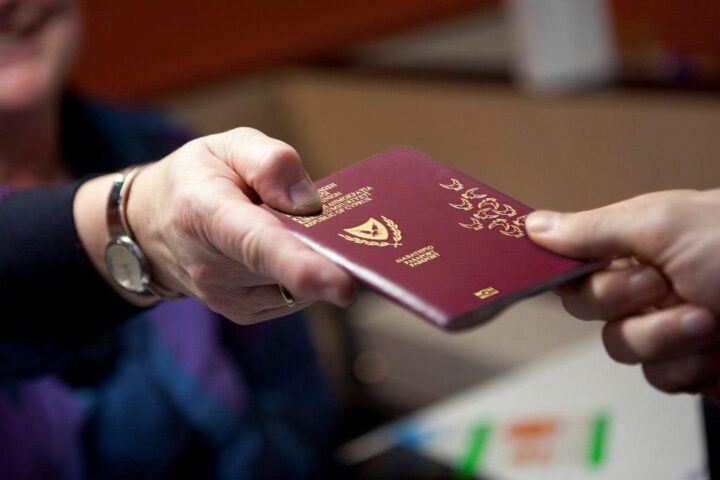Cyprus has room to improve in fighting money laundering and the financing of terrorism, despite ‘some’ progress recorded in the past year, the Council of Europe’s anti-money laundering body (Moneyval) said.
According to a follow-up report by Moneyval: “Cyprus has made some progress in improving its level of compliance with Financial Action Task Force (FATF) standards on combatting money laundering and the financing of terrorism”.
In its 2019 initial mutual evaluation report, Moneyval concluded that Cyprus complied or largely complied with 37 of the 40 FATF recommendations.
Although Cyprus has taken some of the measures to improve compliance with FATF recommendations, it communicated actions too late to Moneyval.
The monitoring body asked the Cypriot authorities to report back under its enhanced follow-up procedure on progress to address the remaining shortcomings for the three FATF recommendations in which Cyprus had been assessed as “partially compliant”.
Moneyval’s follow-up report published two years later examines a range of legislative, regulatory and institutional measures taken by authorities concerning risk assessment and monitoring of its non-profit sector and assessment by correspondent banks of respondent relationships.
It also evaluates the powers available to investigative authorities to intercept communications and apply controlled delivery techniques to cash and bearer negotiable instruments.
The follow-up report also assesses the implementation of new international requirements for virtual asset service providers established in a revised FATF Recommendation.
Cyprus’ rating on implementing this revised recommendation was downgraded from “largely compliant” to “partially compliant”.
Nicosia has taken several measures to implement these new FATF requirements, including the publication in December 2021 of an assessment of money laundering and terrorist financing risks presented by virtual assets and the related services providers.
However, these measures were taken too late to be assessed in the follow-up report, said Moneyval.
As a result, Cyprus remains “compliant” with 16 of the forty FATF Recommendations, “largely compliant” with 20 recommendations and “partially compliant” with four recommendations (non-profit organisations, correspondent banking, new technologies, and powers of law enforcement and investigative authorities).
Cyprus has no “non-compliant” ratings.
Authorities are expected to communicate further actions and progress to Moneyval in a year.
The Council of Europe’s anti-money laundering body expects that countries will have addressed most, if not all, shortcomings by the end of the third year from the adoption of their mutual evaluation report.
Meanwhile, corruption in public life has risen to the top of the political agenda after an AKEL MP and the House Speaker resigned when captured on video willing to facilitate a Cyprus passport for a Chinese investor with a criminal record.
Following revelations, Cyprus scrapped its lucrative passports for foreign investment in November 2020 amid corruption allegations and pressure from Brussels.
A damning public inquiry said that over half (53%) of the 6,779 passports granted were done so illegally, encouraged by a due diligence vacuum or insufficient background checks.
Since the revelations concerning the island’s Citizenship for Investment Scheme came to the forefront, corruption in public life has remained a hot topic.
Last year, President Anastasiades and the Justice Ministry had announced a series of measures in the fight against corruption and money laundering.
However, the president’s name was implicated in the Pandora Papers scandal, in which leaked documents exposed the secret offshore accounts of 35 world leaders and more than 100 billionaires, celebrities, and business leaders.
The leaked documents suggested that the president created shell companies abroad for personal enrichment.
A law firm founded by President Anastasiades has been named in the so-called Pandora Papers.
According to the investigation, the “law firm appears as a key offshore go-between for wealthy Russians.”
The Cypriot law firm allegedly helped a Russian billionaire and former senator, Leonid Lebedev, conceal ownership of four companies by listing law firm employees as owners of Lebedev’s entities.
Anastasiades strongly refuted these allegations.










